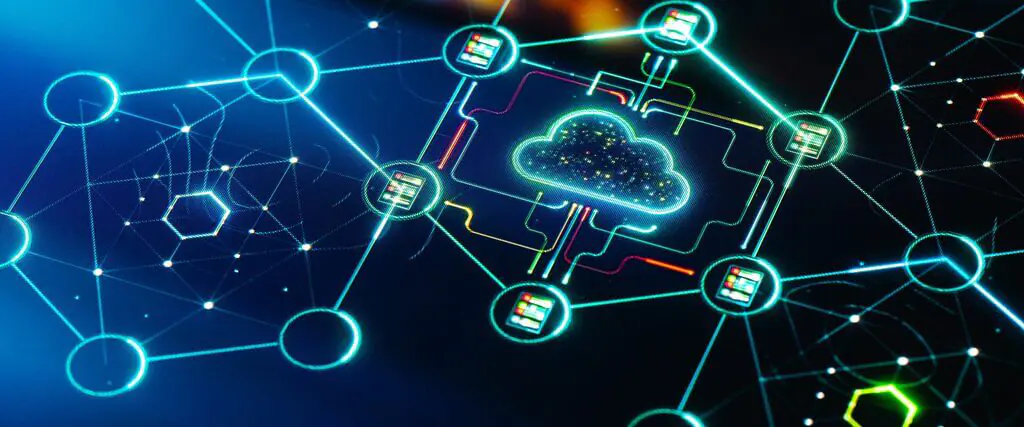
13 July 2021
The digital future of HR
Today, digitization permeates almost all areas of life. Digital invoice management and digital personnel files are in use in more and more companies. Location-independent and collaborative working has received an enormous boost, not least due to the pandemic, and has brought the need for digital and cultural change into even sharper focus. But what does this mean for the HR department of the future, and where are the trends in digital HR heading?
Culture change and digital technologies
The world of work is undergoing fundamental change. Digitization and automation will make many jobs redundant in the foreseeable future, while at the same time new – and often highly specialized – job profiles are constantly emerging. Many companies are already in the midst of the transformation to the so-called “New Work”. This means turning away from traditional ways of working: more space and time for creativity, self-determined action, flexibility in work organization and time for employees. For the HR department in particular, this means a host of new tasks.
A realignment is often necessary to successfully prepare HR management for the future. According to a PWC study, by 2025 functions such as data and technology management, talent management, employee qualification and competence management will play a central role in HR, in addition to actual personnel planning.
Key challenges in HR management
No business can avoid digital transformation. In order to act in a forward-looking and strategic manner, HR must embrace digital technologies. These can open up creative freedom for HR management to make more informed personnel decisions. This is deeply connected to a redesign of work organization in order to master upcoming tasks more quickly and flexibly.
In the working world of the future, people will make the difference. Top performance requires freedom and a culture of trust that creates a positive working atmosphere. Employees must acquire adequate digital competencies and skills in order to actively drive the digital transformation in the company.
Artificial intelligence in human resources
Digitization in companies is a lengthy and strategic process that cannot be implemented overnight. Human resources departments offer a good starting point. With the introduction of digital personnel files, all employee information is in one central storage location and allows secure access to the desired documents regardless of time and location. At the same time, comprehensive automation and workflow functions ensure intelligent control of document management.
Artificial intelligence also offers a wide range of applications in HR, with the current state of digitization in the company being an integral factor. According to perbit’s market study, the digitization of HR is “coupled” to the digital development of the organization. However, AI has not yet played a major role in digitization projects for the majority of the companies surveyed (65 percent).
The overview makes clear that AI applications are attractive in principle for all HR challenges – but especially for data-driven recruiting in companies (86 percent). The overall positive basic attitude toward AI in HR suggests that digitization projects that have already been successfully implemented lower the inhibition threshold for AI introduction.
However, an introduction of this technology should be well prepared in order to serve as a basis for personnel decisions and tailored personnel development. In addition, an already existing digitization culture can form the ideal breeding ground for the use of AI, as such companies have usually already addressed issues of data protection, data quality and transparency of their procedures.
Central fields of application of AI
For companies, data work and automation open up new opportunities for cost reductions and growth. According to a KPMG study, the following key areas of application can be identified in the HR area:
- Support in the selection of applicants
- Development of training documents
- Employee apps as information systems
According to the study, AI is expected to bring about a major change in HR departments in the medium term. As a result, this should lead to greater efficiency in recruiting, employee training and administration in HR. The latter includes tasks such as drawing up contracts or monitoring time and vacation quotas.
However, this is precisely where many HR departments are still in their infancy. Nevertheless, AI will change the employee structure in HR in perspective. Consequently, the required competencies of HR employees will increasingly shift from pure administration to communication skills. This requires a modern, digital communication structure in the company by shifting and expanding communication to digital platforms.
You might also like
Do you have any further questions?



